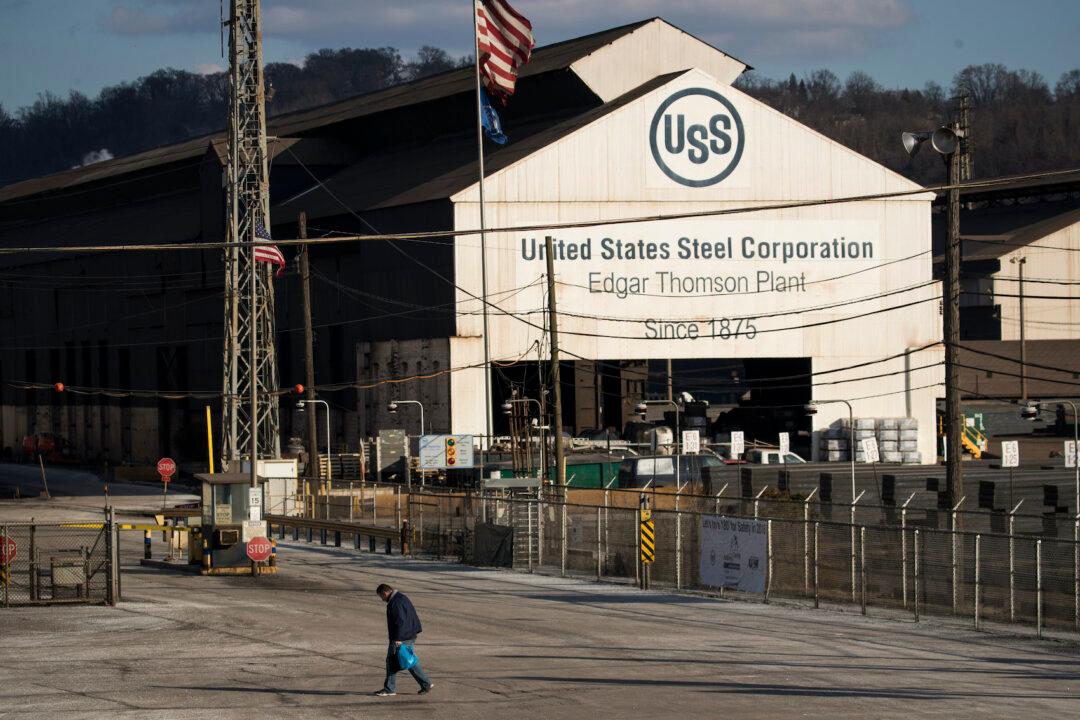The Chair of the Senate Banking Committee has urged President Joe Biden to investigate Nippon Steel’s alleged ties to China amid growing bipartisan opposition to the Japanese company’s proposed acquisition of U.S. Steel Corp.
In a letter dated April 1 to President Biden, Sen. Sherrod Brown (D-Ohio) raised concerns over a consultancy report highlighting that the deal might undermine U.S. economic and national security due to foreign ownership of the major American steel producer.




